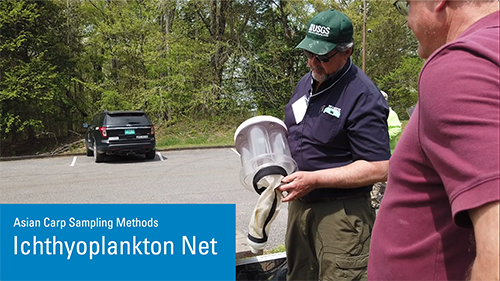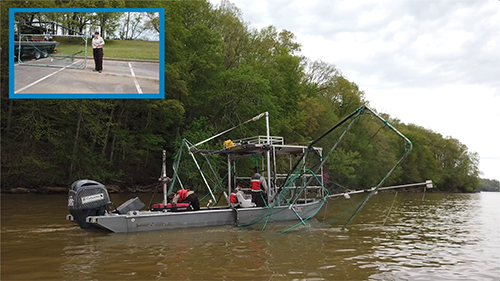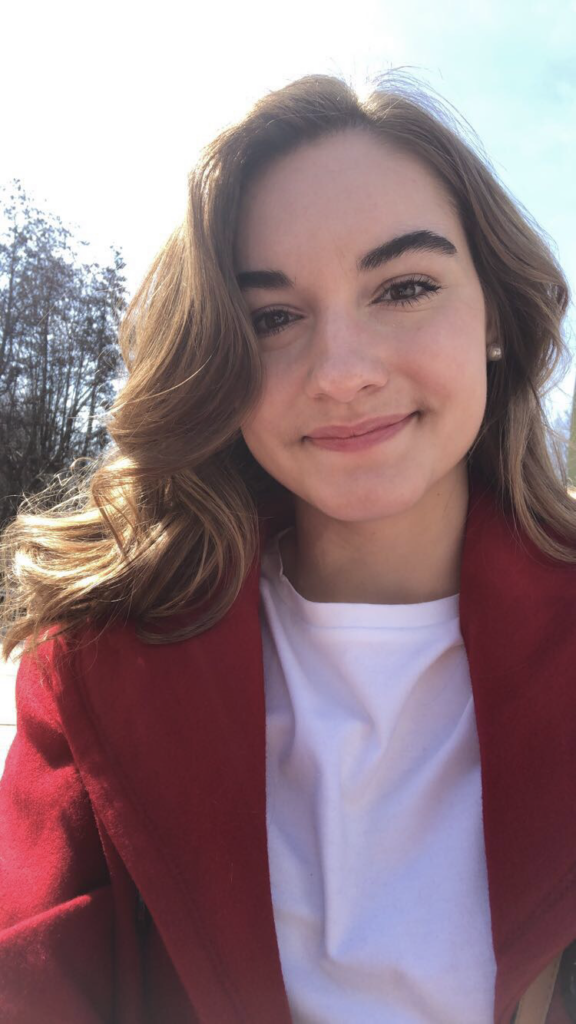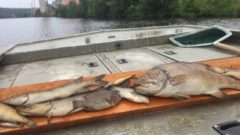Illinoisans demand stricter coal ash rules, denounce state proposal
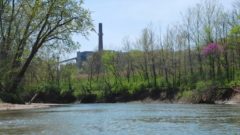
By Kari Lydersen, Energy News Network, through the Institute for Nonprofit News network
Illinoisans voiced their fears about coal ash silently contaminating their drinking water, or coal ash impoundments failing and deluging rivers with toxic sludge, during public hearings this week.
It was the latest step in a years-long debate in Illinois, which has the nation’s second-highest number of contaminated coal ash sites, according to a 2011 study.
Great Lakes Now
https://www.greatlakesnow.org/2020/08/illinois-coal-ash-rules-state-proposal/

